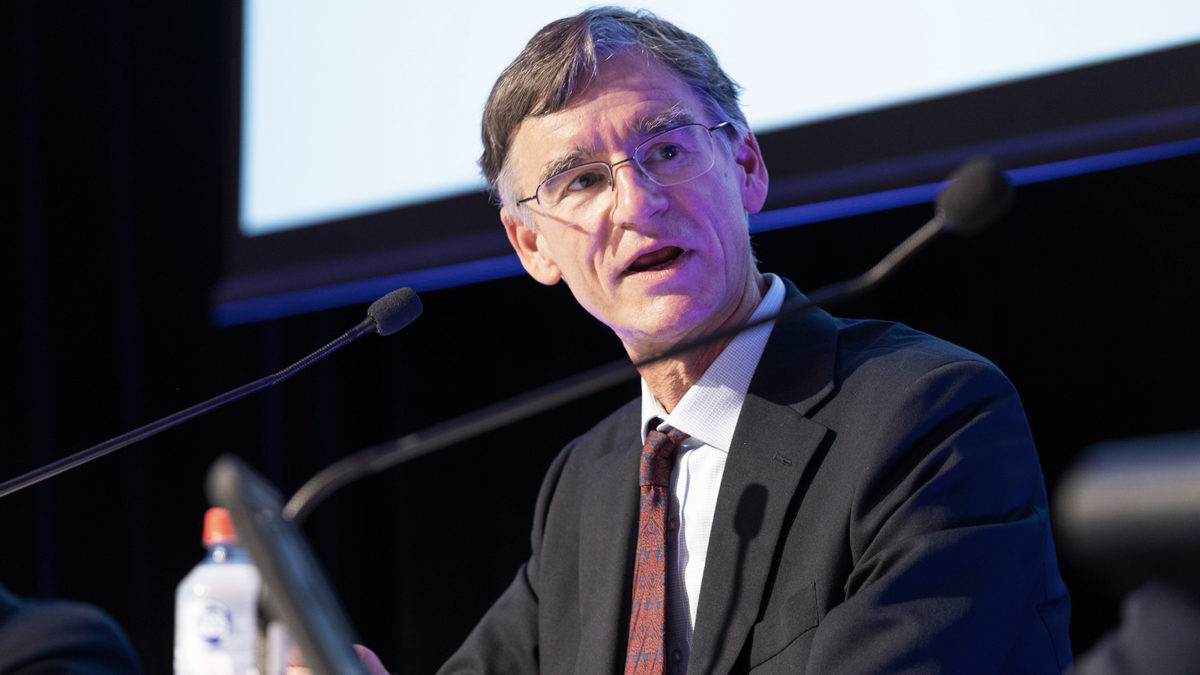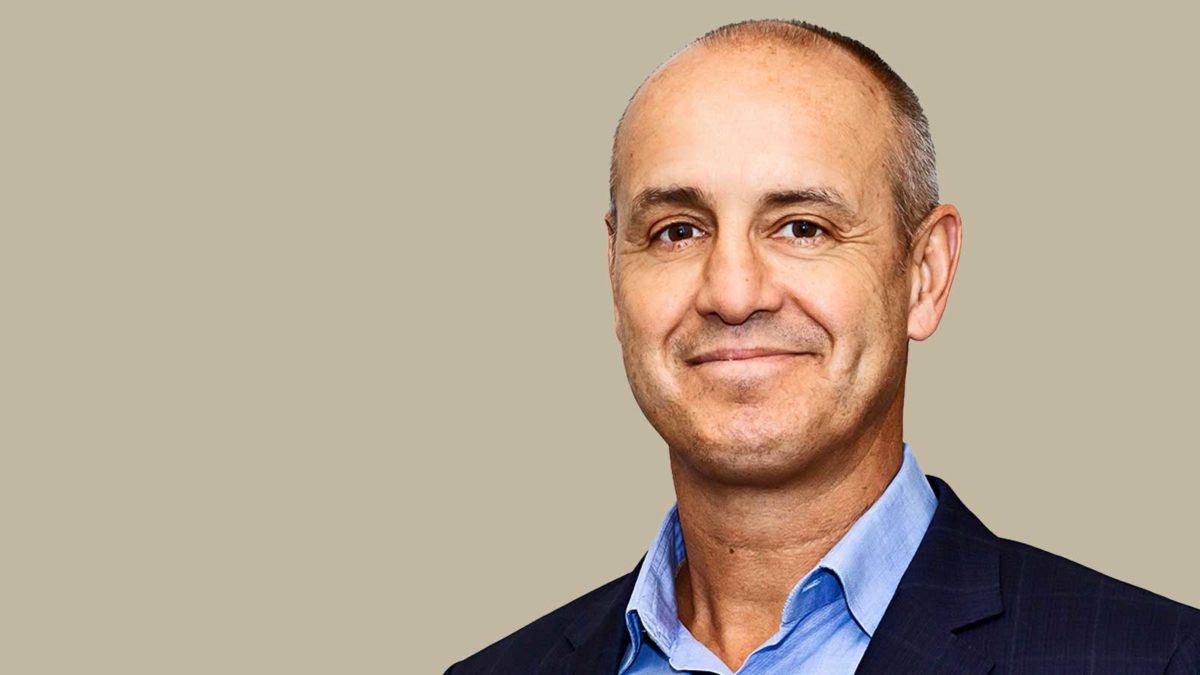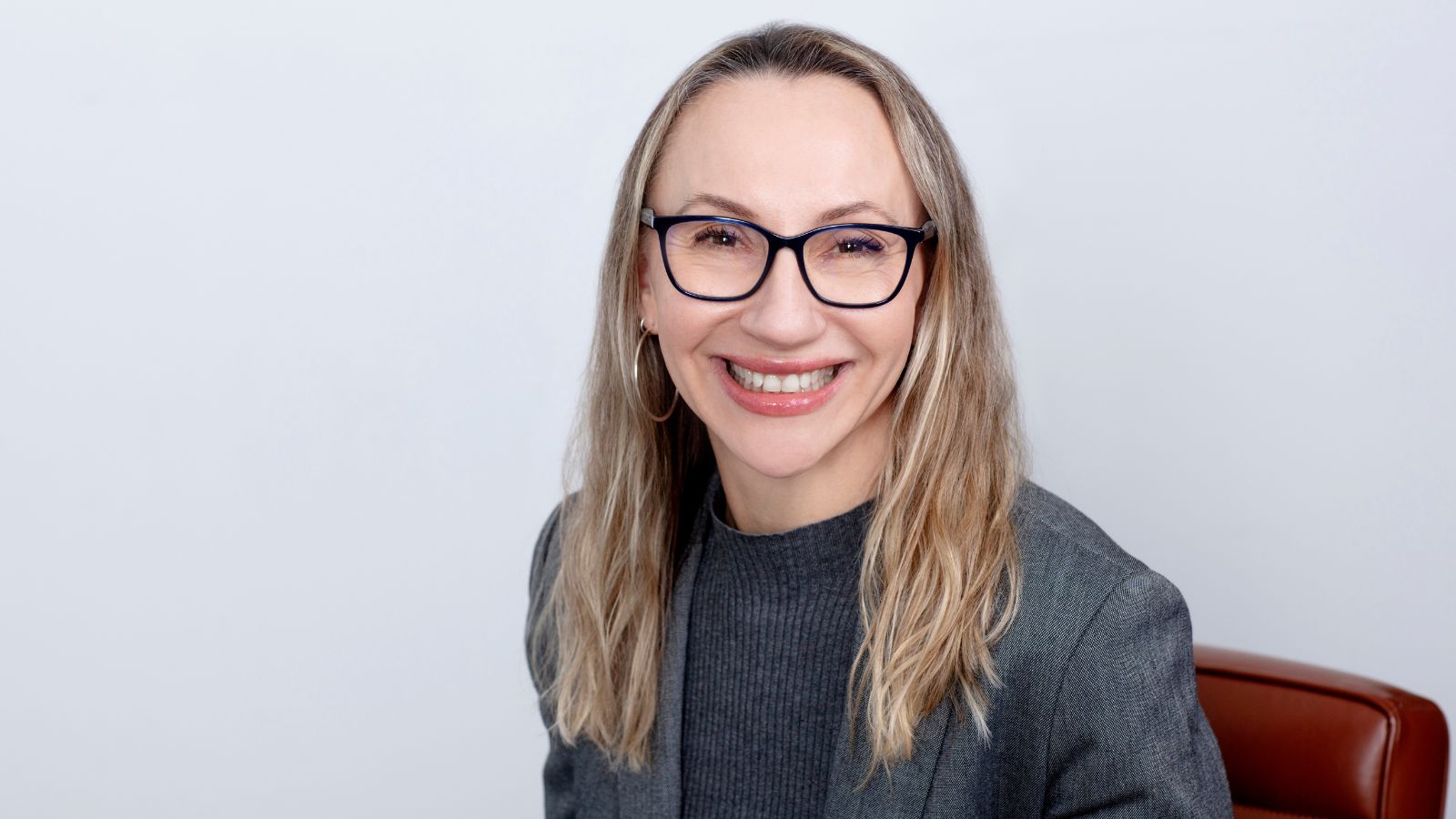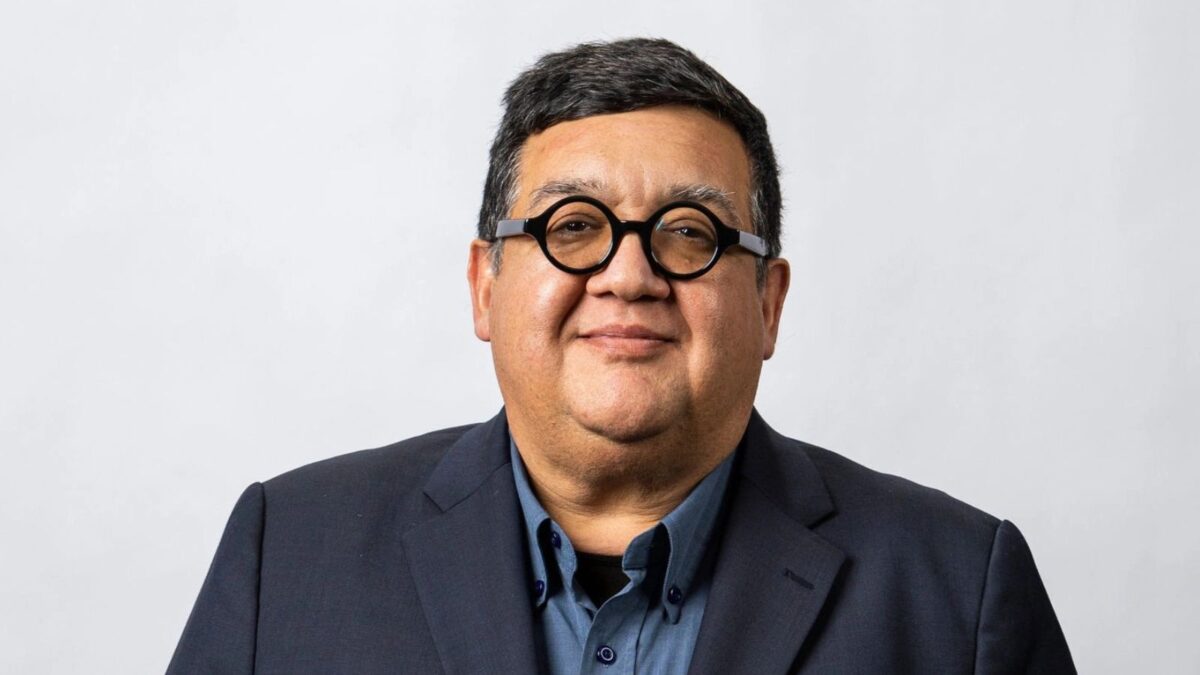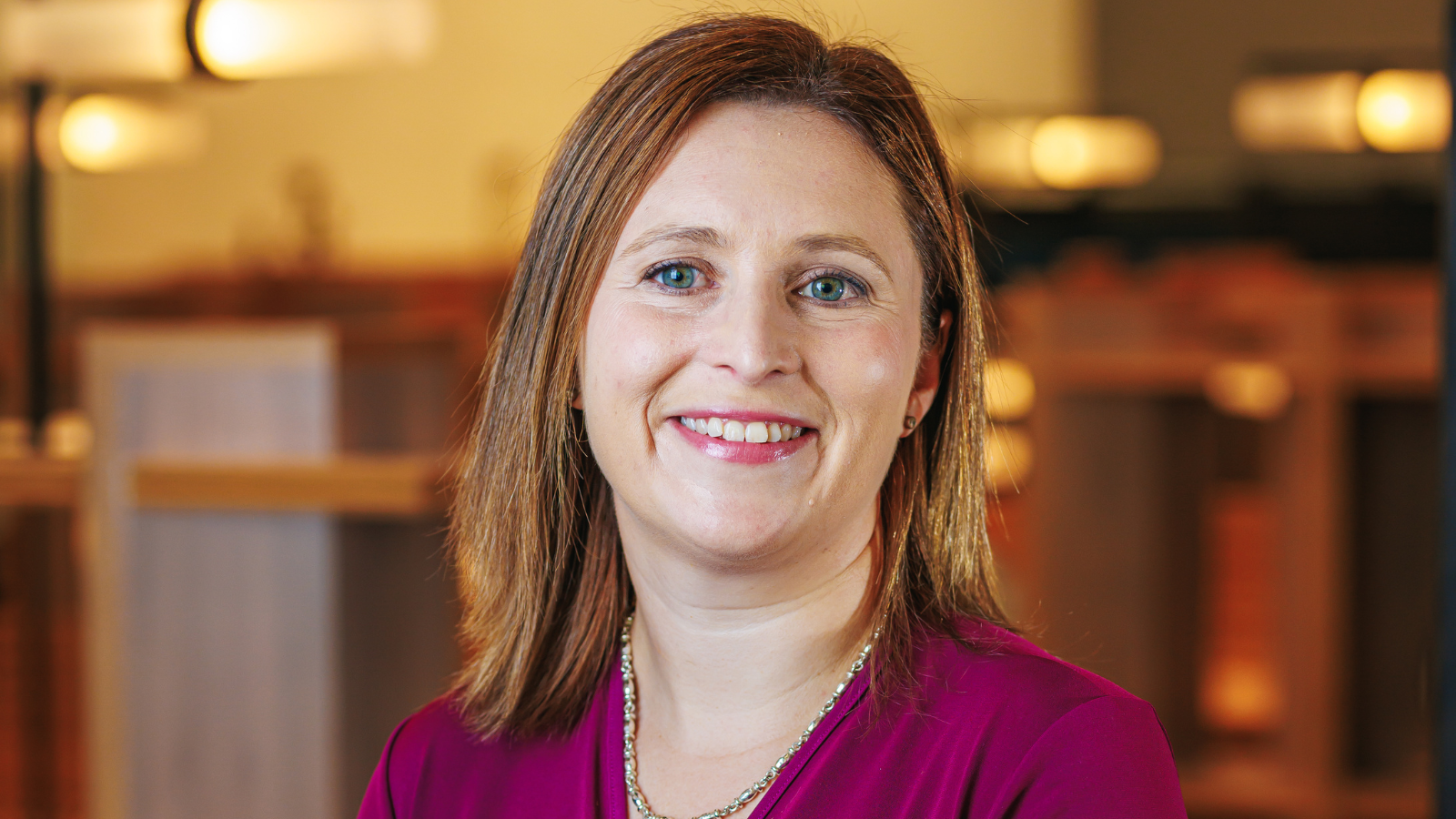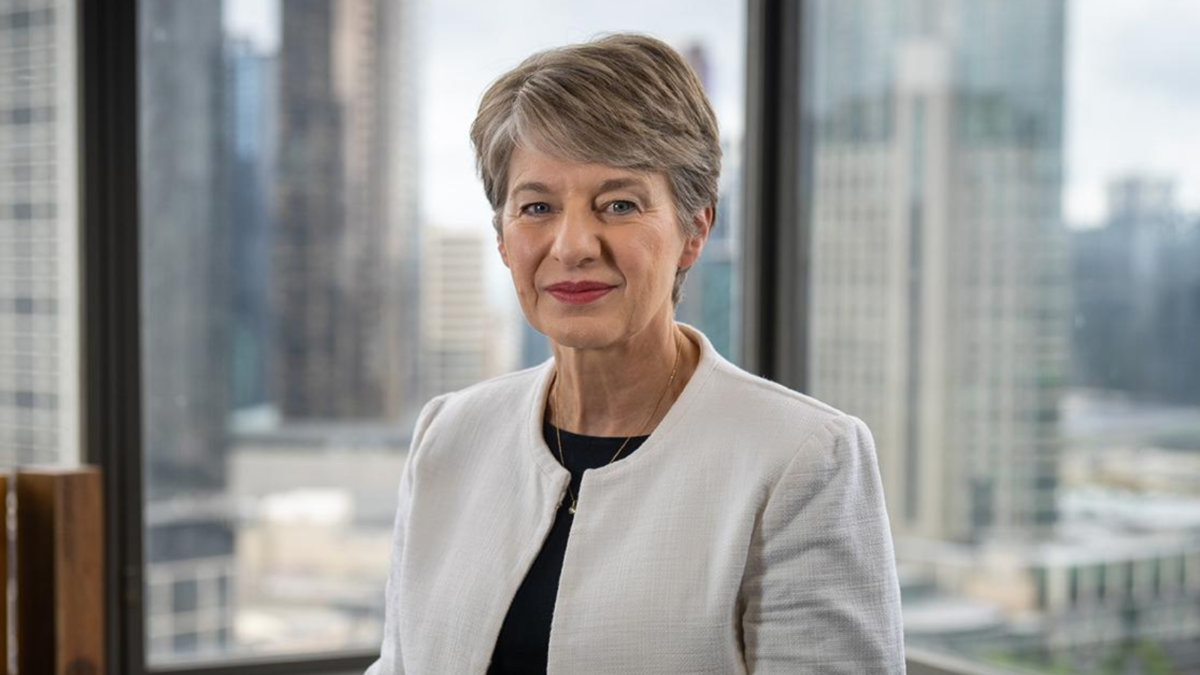Henaghan returns to the coal face – without coal
Sean Henaghan’s new role at Aurora Capital sees the former AMP CIO turn his gaze to climate change – and the question of what retail investors really want from their money.
For Sean Henaghan, a “return to the coalface” of investing has come with its share of challenges.
“You’re doing everything. It’s quite amazing what I didn’t know I didn’t know,” Henaghan says.
“When you’re in a very large organisation and you’ve got all these specialists doing all these specialist roles, and suddenly you’re having to do it directly, it’s quite a learning experience… You take it for granted, until you have to do it yourself. It’s been interesting getting my hands dirty again.”
Henaghan had anticipated that he would take governance roles following the conclusion of a 15-month sabbatical/hiking trip through the Americas (it’s Mexico that’s calling him back) and his time as chief investment officer at AMP Capital. But when he was stranded in New Zealand at the outset of the Covid-19 pandemic, Simon Rolland, CEO of Aurora Financial, came knocking. A shared concern about climate change and how it would impact future generations saw the creation of Aurora Capital, with Henaghan as chief investment officer, and its climate-focused KiwiSaver Scheme.

“We thought that it would be cool if we could create a more values-based business – a more values-based KiwiSaver. Somewhere the investment wasn’t just purely about “What’s the best return, and we don’t care how we get there”,” Rolland said. “… We wanted to work out how to turn that into a vehicle for good.”
Two of the scheme’s core products – the Aurora Conservative and Growth Funds – invest into underlying funds managed by NZ-based Mint Asset Management. The third, its Future Focused Fund, invests in BlackRock ESG ETFs selected for their exposure to three key areas that Henaghan and Rolland believe will “resonate with Kiwis” as “key components of a sustainable future” – clean energy, water, and timber – while targeting returns of CPI + 4 per cent.
“For a lot of people, if you tell them you’re generating CPI + 4 per cent they’ll think that’s not a very good performance,” Henaghan says. “But I think, on an ex-ante basis, that if you can generate a real return of 4 per cent that’s going to be very competitive. For us, this is a long-term game.”
While starting with zero FUM presents an obstacle to investments in the unlisted and alternatives space, Henaghan anticipates that the strategy will evolve as the Future Focused Fund builds scale and gains access to sustainable assets like native forestry. while fund managers around the world are currently sweating over a potential correction, Henaghan and Rolland believe that a sell-off would be good news for their younger client base in an environment where asset prices are sky high. Less so inflation risk, the other concern en vogue.
“The Future Focused Fund has a fairly healthy allocation to inflation linked bonds, because I just think that inflation risk is quite serious,” Henaghan says. “With the amount of debt we’ve got out there, I think that the best way to manage that debt is eroding it away through a bit of inflation, and there’s a risk that inflation genie could get out of the bottle.”
“The amount of risks out there at the moment – not least of all that it’s October, which is a notoriously dangerous month. But most of our investors have a 30-year time horizon. If I was managing a retirement fund that had 2 to 3 years to go to retirement, I’d be much more risk adverse.”
Aurora Financial has offices in Auckland, Wellington, and Christchurch, and a team of 75 advisers through whom the KiwiSaver scheme will be distributed. It also has more than 10,000 clients across its various business units – which include insurance and mortgage advice – and Rolland expects that the new KiwiSaver scheme will gain “huge market share” in the under-45 category.
“When we’re talking (with our clients) about life in general and what’s on their mind, there’s a huge level of anxiety around climate issues, and a huge level of that is people saying “I’m just one person – changing to a non-plastic bag or an electrical vehicle does something, but does it really do anything?”,” Rolland says. “And this is where we wanted to create a product that alleviates that anxiety and says that, individually it’s pretty hard to make a difference, but when we’ve got 10, 20, 30,000 clients who are all pooling their KiwiSaver money, that gets real change.”
Henaghan’s homeland is probably the most eco-friendly of any country outside of the Nordic region – certainly in stark contrast to Australia where he spent much of his career. He and Rolland want Aurora to show its green credentials not only through its investments but also its own behaviours. To that end, Aurora Capital has partnered with another New Zealand-based startup, CarbonClick, which will offset an initial 100 kilograms of carbon emissions for any KiwiSaver client that joins the scheme, and will encourage them to partner with CarbonClick to offset more. Aurora Financial has purchased 20 Teslas for its team of roving financial advisers.
Henaghan and Rolland believes these measures – along with the creation of non-financial metrics for the carbon intensity of the portfolio – are the key to being “authentic” at a time when consumers are increasingly sceptical about the green credentials of investment managers.
“I’d love it if all our KiwiSaver competitors said “Yes, this is a good idea and we’re going to do it too”. I’d see that as a win rather than a threat,” Henaghan says. “Every year that passes where we make less progress just means that the pain is going to be all that worse when we’ve got to sort it out.”
“It really is quite unbelievable that as a species we’re completely walking into this and not taking it seriously enough. It’s terrifying.”
Part of that same drive towards authenticity is a belief that retail investors care less about benchmark-beating performance than they do about their money being secured against climate change or deployed into initiatives to fight it. While positive returns are obviously important – all the green initiatives in the world don’t matter when your portfolio is consistently in the red – Henaghan says that building loyalty through past performance alone is “a fool’s game” and that he “won’t obsess about outperforming some benchmark.”
“I spent many years interviewing fund managers; there’s no evidence of skill in past performance. There’s evidence of process,” Henaghan says. “Everybody obsesses about short-term performance, especially if you’ve had a great 12 months. That’s all you sell on. Simon and I both know that you need to generate competitive performance. But we also want to build loyalty around other factors that we think are as important.”
“This objective of defining success as outperforming a benchmark is short-sighted. It’s relevant to practitioners in the industry. But most retail investors, it would have no relevance to them. What they want are positive returns over the long-term.”
At AMP Capital, Henaghan’s role had become increasingly bureaucratic, focused more on liaising with headquarters than on the vagaries of investment decision making. He says the new role has brought him closer to the adviser distributing the product – and so the end client – and confirms a long-standing belief “that as an industry, we’re too inward looking.”
“When I was at AMP Capital, we sat in our ivory towers and built these great investment solutions and tried to shove them down the throat of the customer… When we acquired ipac (Securities), we just saw a different way of doing it,” Henaghan said.
“For them it was about client proximity; really understanding that client and building something for that client. We used to look at some of the ipac products and go “God, they’re not very good”. But these products weren’t being designed for 40-year-old, highly paid fund managers. We just did not understand the client. And if we don’t, as an industry, a Facebook or someone who has that real client proximity – is going to disrupt the industry.”

